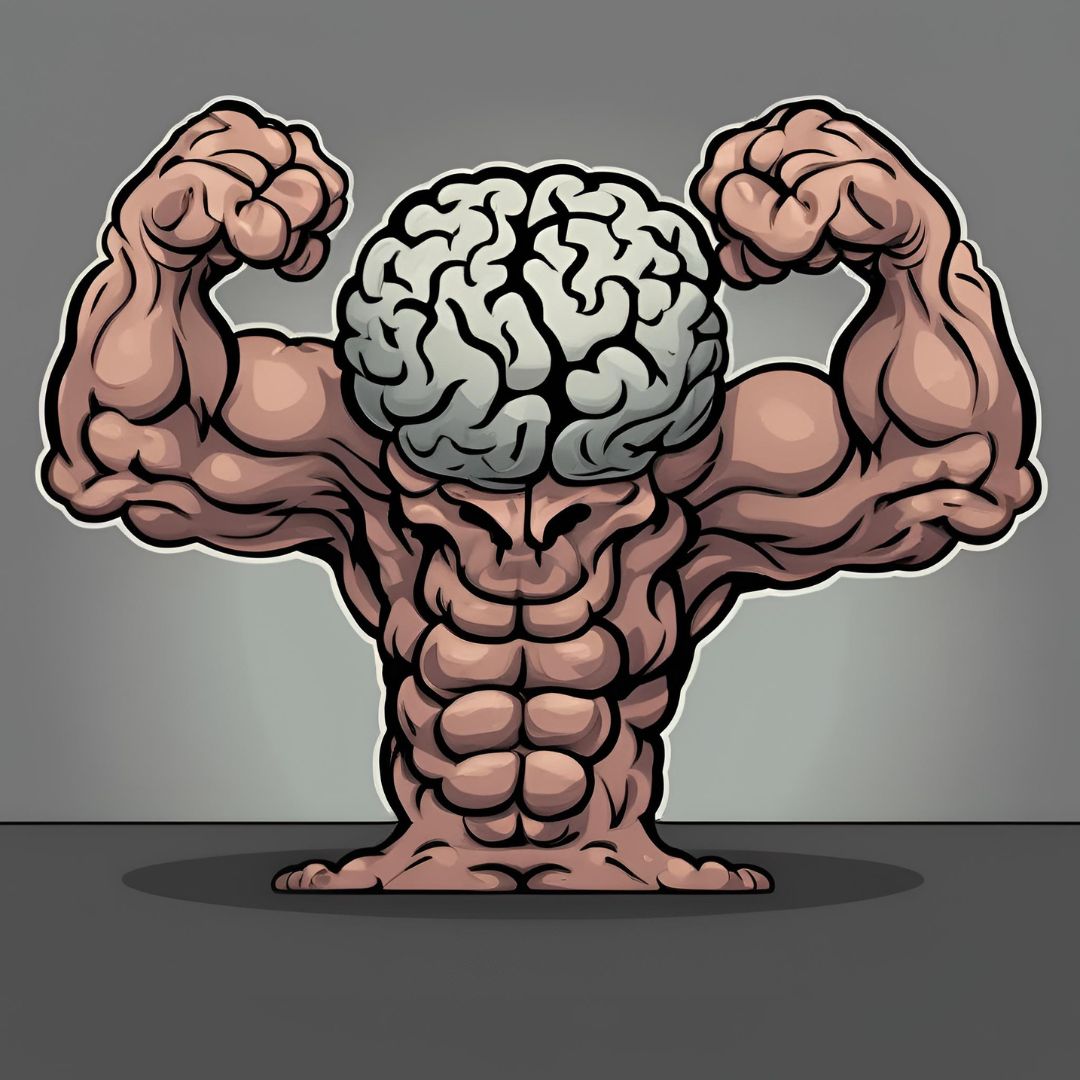Dopamine detoxing is a period of abstinence from activities that boost dopamine levels through minimal or no effort. Although long-term detoxing (for a week or longer) has been recognized and supported most, there can also be some notable benefits from detoxing over shorter timeframes, depending on the relationship you have with your reward system. Here are my favourite ways to dopamine detox:
Wake Up Without Touching My Phone
As soon as you wake up, the choices you make influence your physical, mental and brain health for the day ahead. It can be argued that rising from your first alarm is considered your first big task, after which you are bound to notice improvements in the areas mentioned above if the action becomes habitual. But let us not forget the elephant in the room: the omnipresent smart phones of society that are tempting to use after overcoming that first task.
Even if you unlock your phone for an important reason, there is still a chance that, afterwards, you will be tempted to veer toward distractions such as social media. That is why I do not bother to check my phone at all immediately after waking up. Not only does it subtract time from your morning routine, but it can highjack your dopamine circuitry and disrupt your emotions.
Since the choices made at the beginning of your day can influence your reward system, choosing to go about it without your phone is one of the most effective ways to dopamine detox.
Say No to Processed Foods
To preface, it is okay to have a couple of cheat meals or snacks during your week, as long as you are mostly eating whole-foods. This system works because you are still able to reap the benefits of a healthy diet without having to sacrifice the occasional reward for yourself; and rewards are important, but only satisfying when you believe you deserve them.
Throughout my week, I am met with temptations to eat processed snacks or meals. Whether it is at work when vendors that my company work with offer sweets at our weekly lunch-and-learns, or at home when my girlfriend orders fast food and offers me some, it can take everything in me to say no. That is, if I am saving my cheat meals for later in the week or have already eaten them earlier.
Choosing whole-foods over processed foods is another one of the most effective ways to dopamine detox. Processed sugar and high-fructose corn syrup not only create adverse consequences for your mental health and body, but dampen the reward circuits in your brain given how hyperpalatable they are. See here for a study confirming that dopamine function can be impaired by HFCS in particular.
Practice Nofap
Every day men are met with sexual urges, challenging discipline and focus. It would be so easy to satisfy those urges on your own, especially considering the availability of stimulating content on the internet.
By saying no to this type of stimulation on a daily basis, you are saving your reward system from becoming depleted, thus, restoring and preserving your brain’s dopamine levels. Of the activities that amplify dopamine production, sex is among the most powerful. But even though self-pleasure is not even sex, your brain does not know that.
The inference from this is that it is possible to bypass effort (approaching a woman, taking her out, et cetera.) while still feeling maximally stimulated. In other words, cheating the reward system. Nofap is one of the most reliable practices to ensure it is not being cheated so that your physical energy remains at a healthy level, and you are able to enjoy more of life’s everyday moments – whether mundane or exciting.
See my article here on nofap’s other benefits.
Limit Nicotine Consumption
For the better part of 4-5 years, I have been vaping as a way to feel the benefits of nicotine as well as the associated headrush. The addiction that grew was justified by research that supported nicotine as a cognitive performance enhancer, but I did not realize how much the pleasure from it was interfering with my life.
The dopamine release that the nicotine provides does not allow me to be as present in everyday moments as I would like to be, or enjoy the simple aspects of my life. This was first realized when I stopped for a month and a half almost 2 years ago, and more recently I was reminded of it when I stopped for just 2 days.
I am now still using it, but fewer times per day than what I used to. I am not buying them, but using my girlfriend’s in moments that require my full attention or when I have a craving. Otherwise, I purposely abstain from it for the majority of the day in order to restore my dopamine levels.









